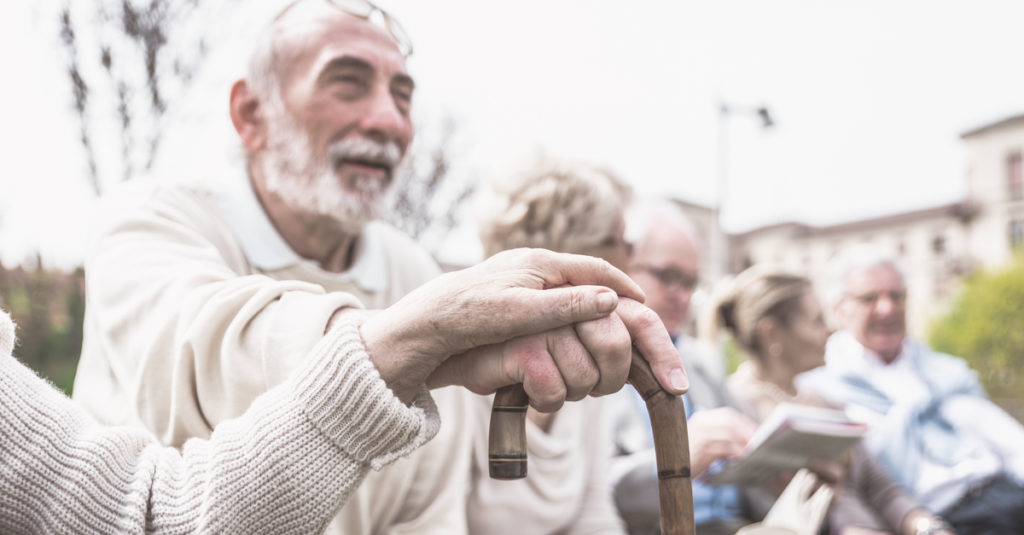 By Ava Emory, Eckerd Living Center
By Ava Emory, Eckerd Living Center
On admission, we often hear the story of the event that made it clear that it was time to transition someone’s mother, father or spouse to a nursing home. Some signs include missing medication or taking them too often, leaving the water or stove on, frequent falls, getting lost running errands and can’t find their way back home, getting their days and nights are mixed up, stopping bathing because they don’t know when they did it last, wearing the same clothing several days in a row, accusing someone of stealing something they have misplaced or forgetting to monitor their blood sugar if they are diabetic.
These are all serious safety events that could signal that it is dangerous to stay home alone. When you notice a pattern or frequency in these events, it may be time to consider what kind of assisted care is best for you loved one.
1. The first level of care is a senior center or adult day care.
These programs generally operate Monday through Friday during normal business hours. They offer a variety of activities, a meal and some medical oversight. This is ideal for the family that works and cannot leave the loved one at home. They are also great for caregiver relief; those spouses that need to run errands or just have a break
2. Assisted living facilities provide oversight, medication monitoring, transportation, housekeeping, meals and frequent checks.
Essentially the patient can manage most functions independently but need socialization and resources under one roof. Assisted living facilities are only required to have a nurse present eight hours per day. So the resident is expected to manage with the oversight of a nursing assistant or medication assistant the other 16 hours of the day.
3. Skilled nursing means that the patient requires additional care after a hospital stay, generally in the form of therapy or wound care.
Skilled nursing requires around the clock care from nurses and nursing assistants. Skilled nursing units are often found within a nursing home, although some hospitals will have a small skilled unit. Patients often spend a few weeks or a few months in a skilled nursing facility until they have regained the skills needed to return home or to an assisted living facility.
4. Nursing home (long-term care) is for patients who cannot live independently.
Nurses and nursing assistants are staffed around the clock. Every level of care is provided – from oversight and bathing assistance to feeding and total care of those in a complete vegetative state. Often patients go to skilled care with the hope of returning home but find that they are unable to regain the function that is needed and remain in the long-term care setting.
Ultimately, the ability of the spouse, children or friend to provide the appropriate level of care without it consuming their own life and jeopardizing their health and happiness is the deciding factor in “when the time is right.”
Ava Emory, RN-C, LNHA is an administrator at Eckerd Living Center at Highlands-Cashiers Hospital.
Eckerd Living Center (ELC) is an 80-bed skilled nursing facility at Highlands-Cashiers Hospital. ELC at Highlands-Cashiers Hospital, a part of Mission Health, has earned a 5-star rating from the Centers for Medicare and Medicaid Services (CMS). Eckerd Living Center is the only 5-star skilled nursing facility in the 6 western-most counties of North Carolina. Additionally, ELC is one of 85 5-star facilities out of the total 429 facilities in North Carolina, putting it in the top 19 percent. Learn more about Highlands-Cashiers Hospital at missionhealth.org/highlandscashiers.
